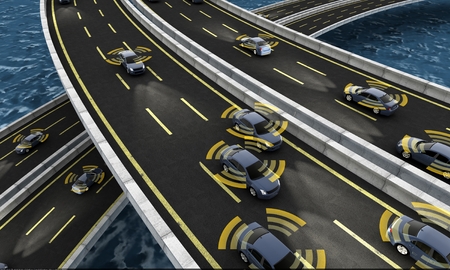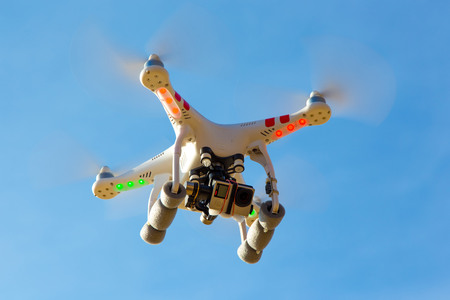It will require automakers to submit safety assessment reports to regulators. Significantly, it would not require pre-market approval of advanced vehicle technologies.
In order to receive the exemptions from the safety standards, automakers will be required to demonstrate that the autonomous vehicles function as intended, contain fail-safe features, on top of the safety assessment reports.
Sales of self-driving cars without human controls are prohibited under current federal motor vehicle safety laws, while automakers are forced to meet over seventy safety standards. Many of these were written with the implicit assumption that a human driver would be in control of the vehicle, and the language of the law can often be a sticking point when it comes to integration of autonomous vehicles.
Under the proposal, states could still set rules on registration, licensing, liability, insurance and safety inspections, but could not set self-driving car performance standards.
The full committee will vote on it this week, with more changes expected to be made before, and the full US House of Representatives won’t take up the bill until September, after the summer recess.


.jpg)
.jpg)
.jpg)

.jpg)




